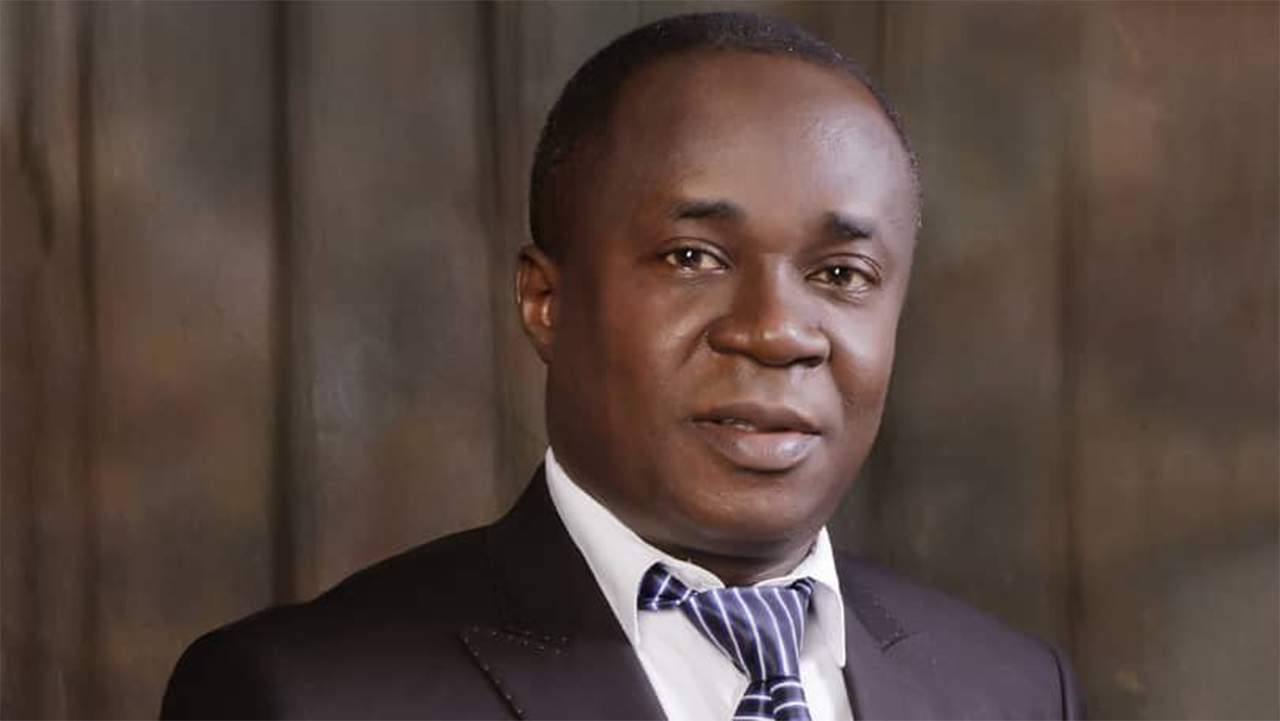
Nigeria’s underperformance in terms of innovativeness in the global space has been linked to low investment in research and development (R&D) coupled with a lack of infrastructure needed to develop new products and services.
At the 12th yearly Conference Investiture of Fellows, Induction of Associates and Annual General Meeting of the Institute of Capital Market Registrars with theme: ‘Navigating Nigeria’s Economic Realities: The Transformative Power of Technology in the Capital Market’ held in Lagos at the weekend, a professor of the capital market, Prof. Uche Uwaleke, said Nigeria is listed among the underperforming countries in innovation low investment in R&D, lack of infrastructure and skilled workforce needed to support innovation for business development and commercialisation of new products and services.
According to him, the top three innovation economies in the region include South Africa, Botswana and Senegal. He noted that Nigeria and many African countries invest very little in R&D with an average expenditure of just 0.4 per cent of GDP. He stressed the need for the country to become more innovative to drive economic growth and create more jobs for the people.
“The world is changing rapidly, and so are the needs of customers. Businesses that can develop new products and services that meet these changing needs will be better positioned to succeed in uncertain times.
“New technologies are constantly emerging, and businesses that can adopt these technologies early will be able to gain a competitive advantage and improve their efficiency, productivity and customer service,” he said.
Also speaking at the event, President, Fintech Association of Nigeria, Ade Bajomo, said the country has been confronted by myriads of problems ranging from high inflation rates, impacting the cost of living, and currently stands at 25.8 per cent, youth unemployment currently at 53.44 per cent, income inequality which remains a major concern, as well as disparities in wealth distribution among others. He pointed out that robust technology adoption is a transformative force that can be used to address these economic issues and drive positive change.
“To drive these changes, technology has played a pivotal role in each of these markets – providing a pathway to trade from anywhere, raise capital and reach a wider number of customers seamlessly, with near real-time trading on mobile devices.
“These changes have not been limited to the main markets but extended to the commodities market, leveraging less sophisticated technologies but with maximum impact,” he said.
Executive Commissioner Operations, Securities and Exchange Commission (SEC), Dayo Obisan, while speaking on the theme: ‘Empowering Market Participants Through Education and Capacity Building’, said market participants play an important role in mobilising savings to productive sectors of the economies, as well as helping provide investment management services, advisory services, trading, research among other roles.
Therefore, he stressed the need for participants to understand the applicable regulatory framework that should comply with ethical conduct, especially in adhering to ethical principles, client confidentiality, and maintaining integrity in financial dealings. He added that the education of market intermediaries is an indispensable cornerstone of maintaining the integrity and efficiency of the financial markets.






